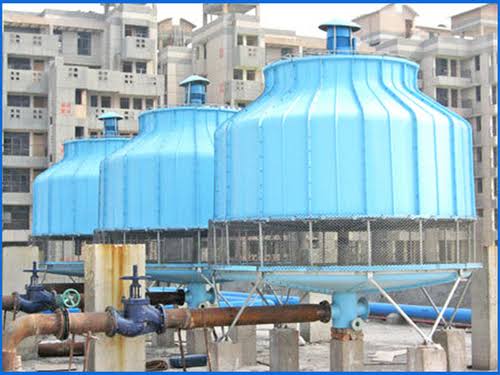
Cooling Tower Chemical
Typically water treatment for cooling towers involves the use of: Scale and corrosion inhibitors – These chemicals are meant to reduce or eliminate contaminants, such as minerals, in your water supply that can result in blockages and deterioration in your system’s piping.